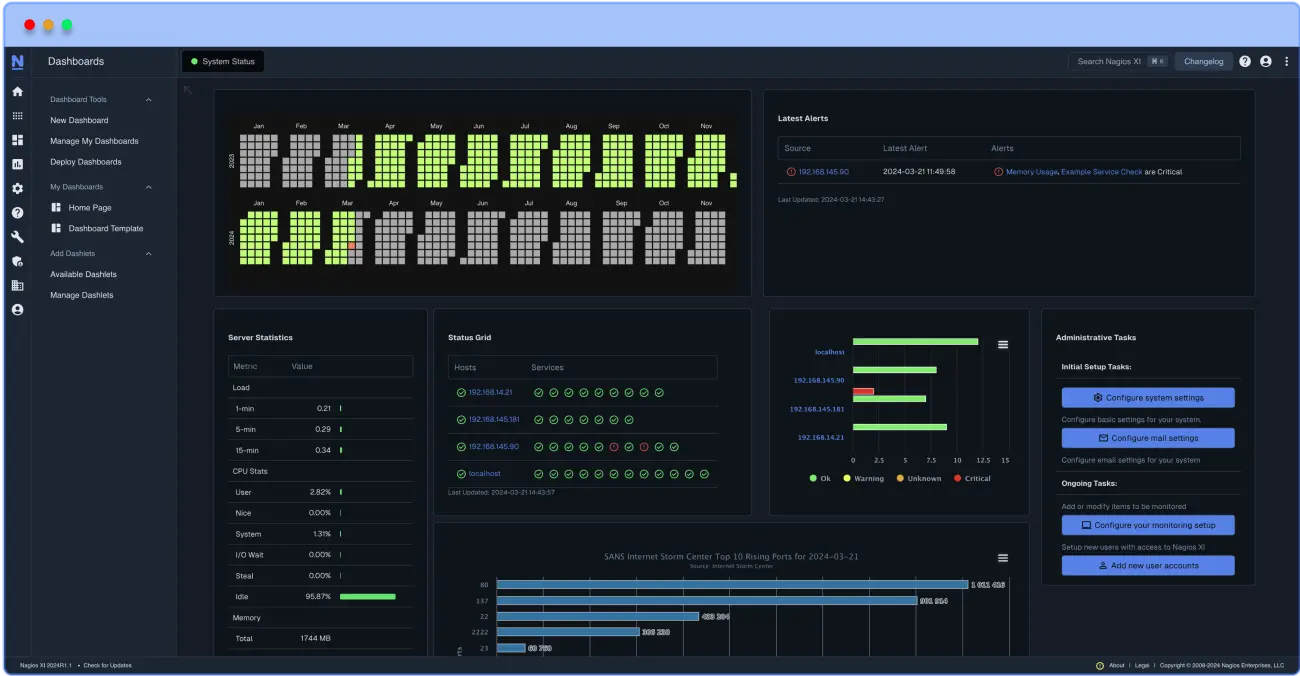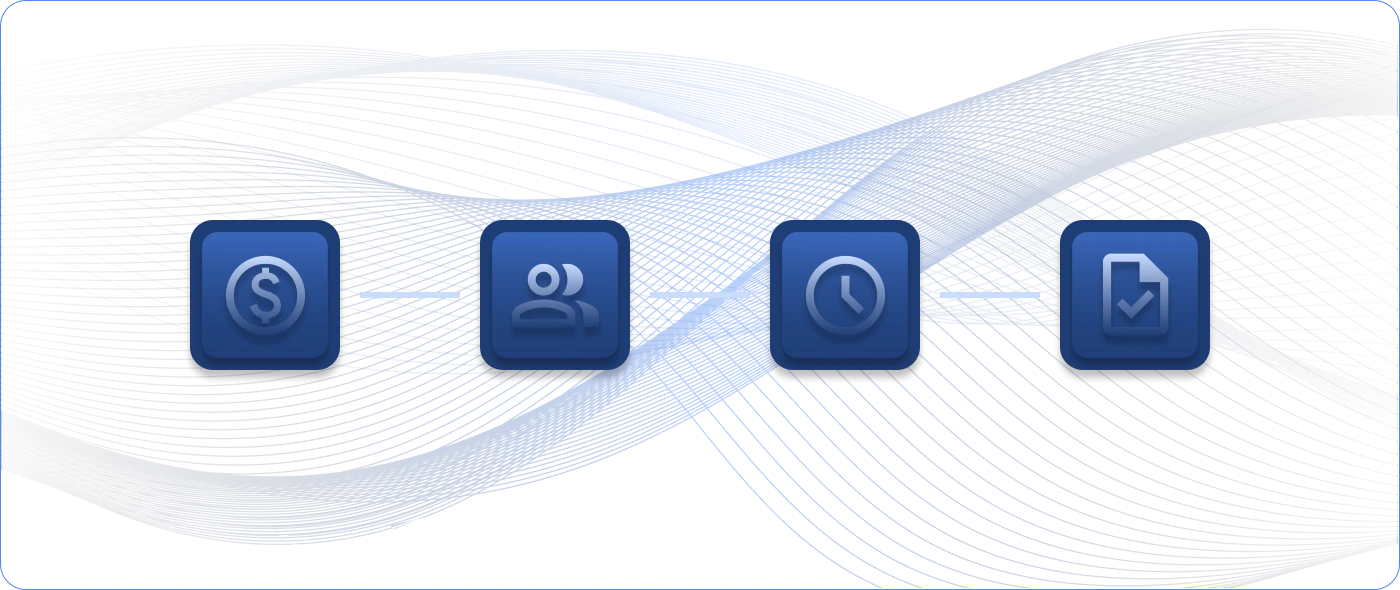Your network is an integral part of what makes your organization function, which is why it is important to monitor your network. Network monitoring solutions watch your IT environment and send you alerts if something is not working. As a result, you get more control over your organization’s technology as well as valuable information to help you act quickly if something goes wrong. In this article, we’ll review the basics of computer networking and then go into more detail about monitoring your network.
- What Is a Network?
- What Is Network Monitoring?
- Why You Should Monitor Your Network
- What Can Be Monitored?
- Finding a Network Monitoring Solution
Save Time. Save Money.
Reduce downtime and boost efficiency with proactive monitoring to ensure your systems run smoothly.
What Is a Network?
All organizations rely on technology, and in today’s world, technology is becoming increasingly connected. A network is a group of interconnected technologies such as computers, Nodes, and printers that share information, exchange files, or communicate with each other. Your network might include components like servers, modems, routers, switches, computers, tablets, and all the cords or plugs that connect them, among others. In addition to physical devices, organizations also have internet service providers and local and cloud applications to manage. Depending on the size of your organization, your network might span one or many locations.
These networks can quickly become large, complex, and difficult to maintain, which is where network monitoring comes in.
What Is Network Monitoring?
Network monitoring is the process that collects data from a wide range of devices, like switches, routers, and firewalls, as well as various Services then presents the collected information in a way that is useful to network administrators.
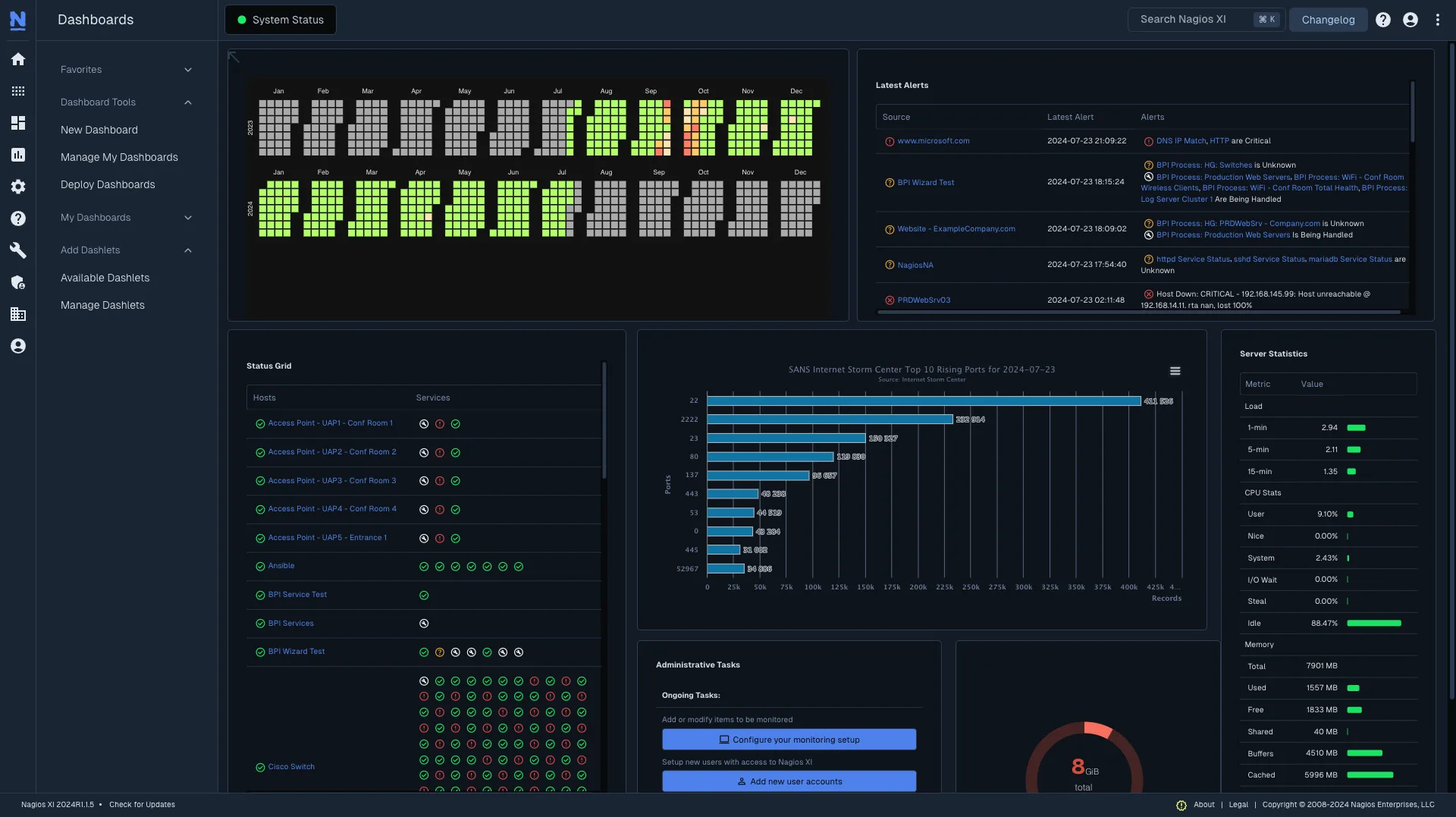
There are countless scenarios where network monitoring is helpful and even critical to business operations. Imagine you’re out to lunch with your co-workers, and the power goes out in your server room, affecting the ability of your co-workers to do their jobs. When you return to the office, you find a disaster in progress and an angry boss wondering how you could have let this happen. Without a network monitoring system in place, you then have to waste time checking every connection point and wiggling wires to hopefully find the problem.
Why You Should Monitor Your Network
Most system administrators need to juggle many responsibilities, and no matter the size of their networks, monitoring them without software is time-consuming and incomplete and can lead to costly disasters that could have easily been avoided. Using customizable software makes network monitoring a realistic task for busy people by compiling the most relevant information in a way that is easy to access and understand.
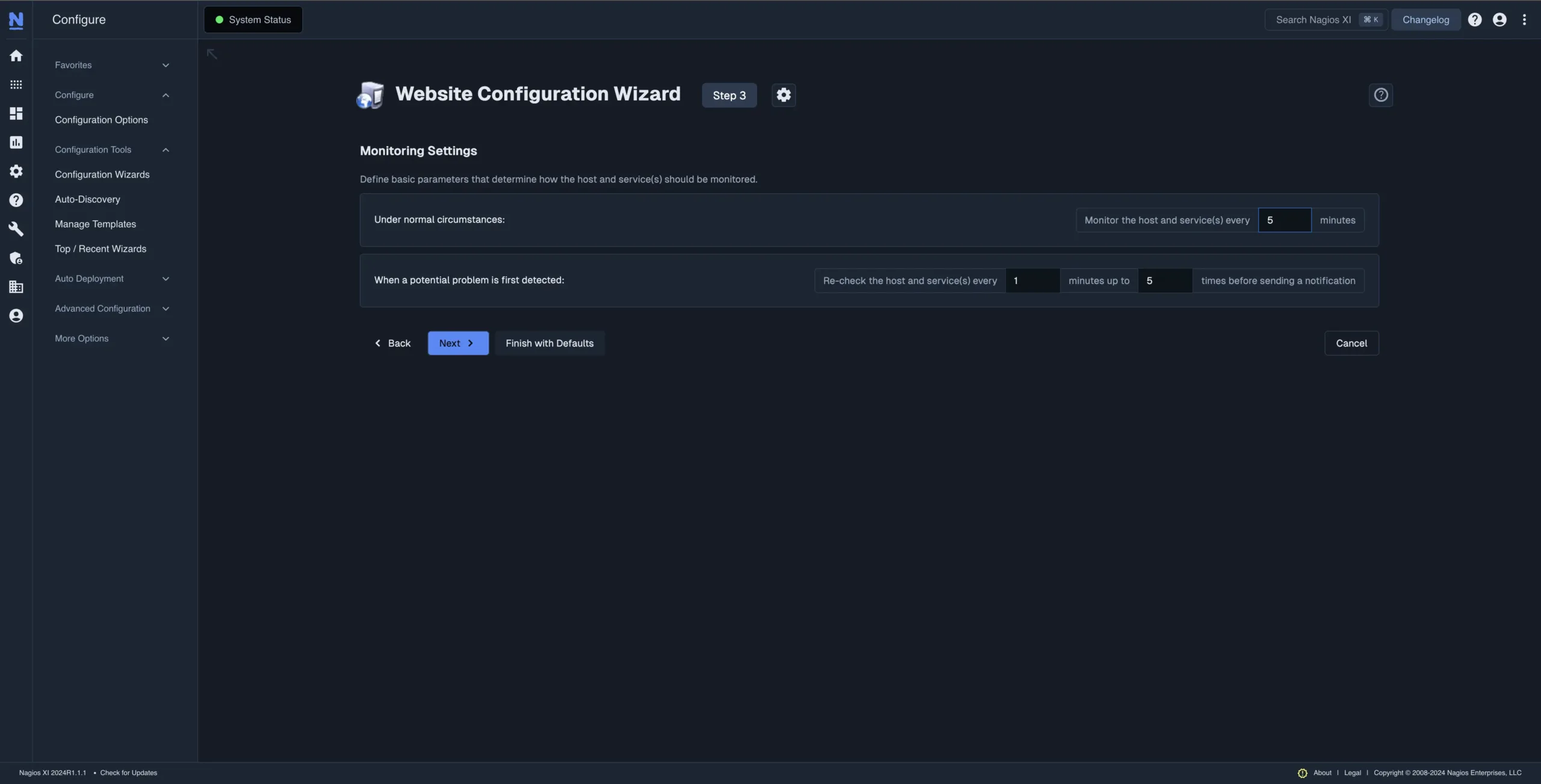
To effectively maintain an IT environment, an administrator or team can proactively monitor information and make changes as needed. Most network monitoring software allows you to set thresholds so that you can be notified automatically when a problem is likely to occur based on your set thresholds or if an issue is actively occurring. Collecting this information manually would take many working hours and would not provide the context needed to effectively diagnose and prevent issues. With network monitoring software, administrators can quickly see the data that they need in real time and gain valuable insights.
Related reading:
How to Reduce Downtime with Server Monitoring Software
What Can Be Monitored?
Now that we’ve gone over what network monitoring is, you might be asking yourself what you can monitor. Each IT environment might require different data to be monitored, and flexible software solutions can monitor just about anything. Common examples include internet bandwidth, servers, cloud applications, your company’s website, and networking devices like modems, routers, and switches. But there is no need to stop with the basics; with the right software, you can monitor anything with an IP address, even in complex environments.
Some issues may only affect internal operations, but some may also interfere with how the outside world interacts with your company. For example, avoiding disasters in your environment means that you can ensure visitors can quickly and reliably get to your company’s website. A malfunctioning website can result in lost business or broken service-level agreements, so monitoring your website is extremely important.
Related reading:
Four Pillars of Developing an Application Monitoring Strategy
With a centralized solution, administrators can quickly see data from all your devices in one place. Armed with real-time information, you can:
- Avoid disasters by predicting when an occurrence might become a larger issue
- Receive alerts for urgent issues that need your attention
- Make well-rounded business decisions
- Keep an eye on suspicious activity within your environment
Finding a Network Monitoring Solution
Now that you know more about the value of a monitoring solution, the next step is determining what the best monitoring solution is for you. While it’s important to find a solution that meets your budget, you also need to make sure that you’re looking at solutions that have features to meet your needs. Some examples of features that you should look for and might be helpful in your environment are capacity planning, Configuration Wizards, multi-tenancy, and reporting. These features and others are not available in every monitoring solution, so you need to know what features are the most important for you to have.
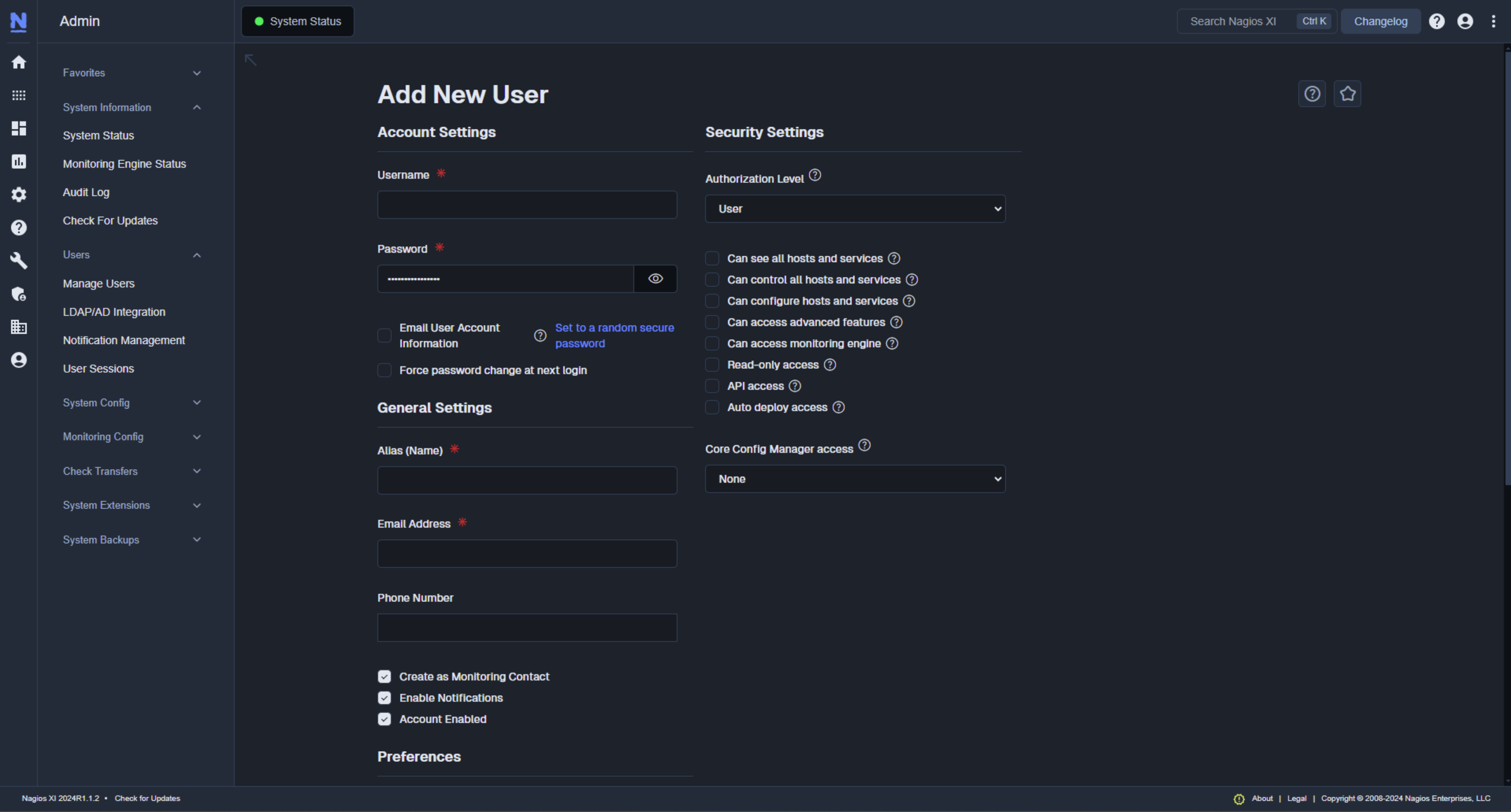
Another consideration for choosing a monitoring solution is whether you want a free solution or a paid solution. Free options exist, but oftentimes they do not offer some of the features that you need. As a result, you may end up spending more time configuring the solution, and they may actually cost you more than a paid solution. Paid options do come with a higher monetary cost, but they also come with many useful features that can help increase your productivity. They also often come with a free trial period before you need to make a commitment, so you can see if the solution is the right one for your environment.
Final Thoughts
There are many kinds of network monitoring solutions out there, and it’s up to you to choose the one that works best for your organization. However, all of these solutions have the same purpose at the end of the day: giving you more control over your network.
Interested in learning about our premier monitoring solution? Check out Nagios XI.


